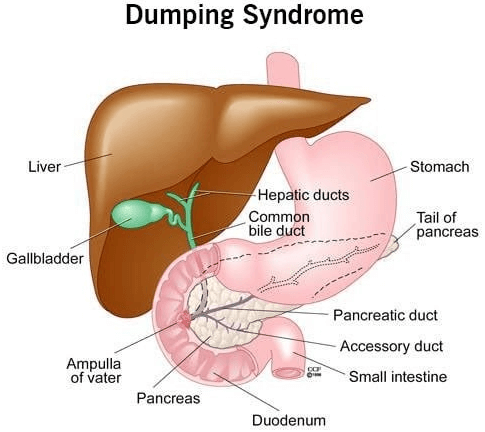What action should the nurse take first when a client is inadvertently given an incorrect dose of a medication?
Notify the healthcare provider.
Document the events leading to the error in the nurse's notes.
Complete an incident report documenting the facts.
Assess the client for any adverse effects.
The Correct Answer is D
A) Incorrect- While notifying the healthcare provider is an important step to take after an error, it's not the first action the nurse should take. The immediate concern is the client's safety and well-being, so assessing the client for any adverse effects of the incorrect dose is the priority.
B) Incorrect- Documentation is important, but it's not the first action to take after administering an incorrect medication dose. The nurse should prioritize assessing the client for any adverse effects and ensuring their immediate safety.
C) Incorrect- Completing an incident report is an important step to document errors and prevent future occurrences, but it's not the initial action to take. First, the nurse should focus on the client's well-being by assessing for adverse effects.
D) Correct- Assessing the client for any adverse effects is the immediate priority when an incorrect dose of medication has been administered. The nurse's first concern is the safety and health of the client. Once the client's condition has been assessed and stabilized, further actions can be taken, such as notifying the healthcare provider and completing incident reports.
Nursing Test Bank
Naxlex Comprehensive Predictor Exams
Related Questions
Correct Answer is ["0.75"]
Explanation
To calculate the amount of mL to administer, the PN should use the following formula:
mL = (mcg x 1 mg/1000 mcg) / (mg/mL)
Plugging in the given values, we get:
mL = (150 x 1/1000) / (0.2)
mL = 0.15 / 0.2
mL = 0.75
Therefore, the PN should administer 0.75 mL of octreotide subcutaneously.

Correct Answer is ["B","C","D"]
Explanation
Client's pain rating on a scale of 1 to 10: This information helps assess the client's current pain level and determine the need for pain medication.
Time of the last administration of pain medication: This is important to avoid overdosing or administering pain medication too frequently. It helps ensure that pain medication is given at the appropriate time intervals.
Effectiveness of the last pain medication administered: Understanding whether the previous dose provided relief or not helps guide the choice of the next medication or dosage.
The other options are not directly related to the immediate decision of administering pain medication:
Height and weight of the client prior to admission may be part of the client's medical history but are not typically required information just before administering pain medication.
A history of pain medication use during the past year is important information but may be already documented in the client's medical records and not necessary to obtain immediately before administration.
Whether you are a student looking to ace your exams or a practicing nurse seeking to enhance your expertise , our nursing education contents will empower you with the confidence and competence to make a difference in the lives of patients and become a respected leader in the healthcare field.
Visit Naxlex, invest in your future and unlock endless possibilities with our unparalleled nursing education contents today
Report Wrong Answer on the Current Question
Do you disagree with the answer? If yes, what is your expected answer? Explain.
Kindly be descriptive with the issue you are facing.
